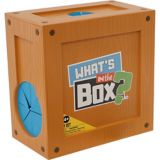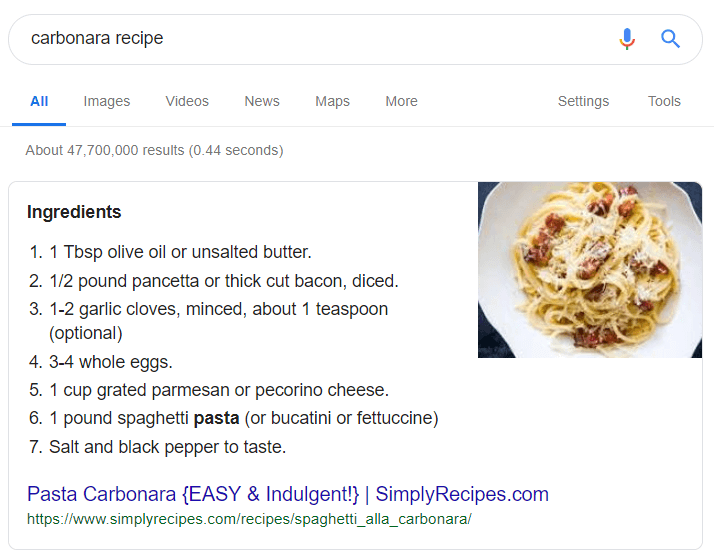

And in this case the answer is then "No" because it didn't produce a negative answer.Īny box must reject some sorts of answerable questions, if it wishes to always produce correct answers. The only way for the box to not be incorrect is for it to provide no answer at all. If it produces "Yes", then it is wrong because "Yes" is not a negative answer.

If it answers "No", then it is wrong because "No" is a negative answer. However the box cannot produce the correct answer. Either the box does or doesn't produce a negative answer. We can produce a question modeled after Russel's proposition:ĭoes the box produce a negative answer to this question? Let's say we have a box which produces the correct answer to every question that has a correct answer. Later set theories take the latter route. As it turns out a theory of sets must either allow paradoxes like above or there must be valid propositions which do not have sets. It's a paradox, there can be no correct answer to this question (technically both answers are correct, but that's another thing). But if it doesn't then it passes the proposition and must be in the set. If the set does contain itself then it fails the proposition so it can't be in the set. Since this is indeed a proposition, in Frege's theory there must be a set that contains exactly all sets that do not contain themselves. It is a set that does not contain itself. The philosopher Bertrand Russel put forth a proposition So you could have the set of all green things or the set of all even numbers. In Frege's construction of set theory any proposition about objects such as "It is green" or "It is an even number" would have a set that contained exactly all the things that satisfied it. A set is a simple object that either contains or does not contain every object. This theory was based on the idea of a set. At the end of the 19 th century the mathematician Frege was developing a theory which could be used as a basis of all of mathematics. Since there is an answer for each question will philosophy be useless? I tried to make my ideas like a story to be more clear. Since the box is always true implies that the few people who gave their ideas are always false. Some gave their definition of what is God and some gave their perspective of what is the Soul.

A few people started asking and giving theories about the 2 questions. Many people accepted these answers and thought they may be clearer than thought. "You are not authorized to know what is the Soul."."You are not authorized to know what is God."."I really want to know the answer to these 2 questions":Īnd for the first time the box gave an unclear answer: After 26 days a man came to the box and said: Since answers exist and all humans witnessed the landing of the box and the sound, will philosophy be useless? Philosophy searches for answers but since there is an answer for each question, will philosophy be useful in another way?īut there was a problem. Someone asks: "What is Reality?" The box lands and opens in a magical way the man who asked the question puts his hand in the box and gets a random paper which says "Reality is. To make sure it's real, a sound comes from nowhere saying it's a box from the heavens. It's the box of answers!īasically the box contains the answers to all existing questions. Suddenly, a magical box appears in the sky and every single human on the globe sees it. Imagine someday everything is normal, kids going to schools, doctors going to hospitals, and philosophers going to their bedrooms - just kidding.

All of the ideas are mine, I don't know a lot about philosophy's terms, I'll be clear and I'll speak in human's terms.


 0 kommentar(er)
0 kommentar(er)
